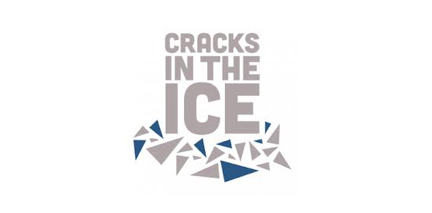Contingency management is a paradigm developed in the USA and found to be one of the most effective treatment options for managing methamphetamine dependence. The conventional paradigm involves providing increasingly valuable reinforcers (vouchers/prize draws) for consecutive drug-free urines. Contingency Management (CM) has never been trialed for methamphetamine use in Australia even though its effect size (d ~ 0.6; i.e., approximately doubles the odds of achieving abstinence’) for treatment of stimulant dependence is greater than any existing treatment used here. This conventional paradigm has garnered limited support by Australian clinicians, indicating a need for cultural adaptation to the Australian treatment system.
The aim of this project is to explore options for implementing CM for methamphetamine dependence in different services in Australia. Based on the Consolidated Framework for Implementation Research (cfirguide.org), the research will involve four phases: (i) an expert working group to identify different possible models of CM and how they can be adapted to different service settings; (ii) a scoping review to provide information on different available CM models, evidence around their implementation and related treatment outcomes, and barriers to implementation; (iii) focus groups with representatives from indicative implementation settings and interest groups (private GPs, primary health care, specialist drug treatment, criminal justice, peer-outreach, Aboriginal Community Controlled Health Organisations, policy makers, and people with lived experience), to identify likely feasible and acceptable models of CM for use in the Australian treatment system, and (iv) a survey of people who use methamphetamine to test the acceptability of, and preferences for, different CM models and the components thereof.
Results will be used to identify potential models of CM that can be integrated into routine clinical care in different settings. From these options we will choose one or two models which are the most feasible to implement and most likely to be taken to scale. We will seek funding from the NHMRC to evaluate the effectiveness and cost- effectiveness of this/these models using a randomized controlled trial.
A/Prof Rebecca McKetin, Associate Professor
NDARC, UNSW Sydney
Prof. Louisa Degenhardt, UNSW Scientia Professor, NHMRC Senior Principal Research Fellow
NDARC, UNSW
Prof. Michael Farrell, Professor, Director
NDARC, UNSW
Dr. Simon Clay, Research Fellow
NDARC, UNSW
Dr. Rachel Sutherland, Research Fellow
NDARC, UNSW
Samantha Colledge, PhD Candidate
NDARC, UNSW
Prof. Jason Grebely, Professor
Kirby Institute, UNSW
Dr. Alison Marshall, Postdoctoral Fellow
Kirby Institute, UNSW
Dr. Shalini Arunogiri, Addiction Psychiatrist and Deputy Head of the Department (CCS), Psychiatry
Monash University.
Dr. Meredith Ginley, Clinical Psychologist and Assistant Professor
Eastern Tennessee State University
Mr. Jack Nagle, CEO
Connections Based Living
Dr. Michael Christmass, Consultant in Addiction Medicine
Next Step Drug and Alcohol Service, Perth
Dr. Paul MacCartney, General Practitioner and Addiction Medicine Trainee
Co-Health, Western Health, Melbourne
Dr. Dean Membrey, General Practitioner and Addiction Medicine Trainee
Co-Health, Western Health, Melbourne




